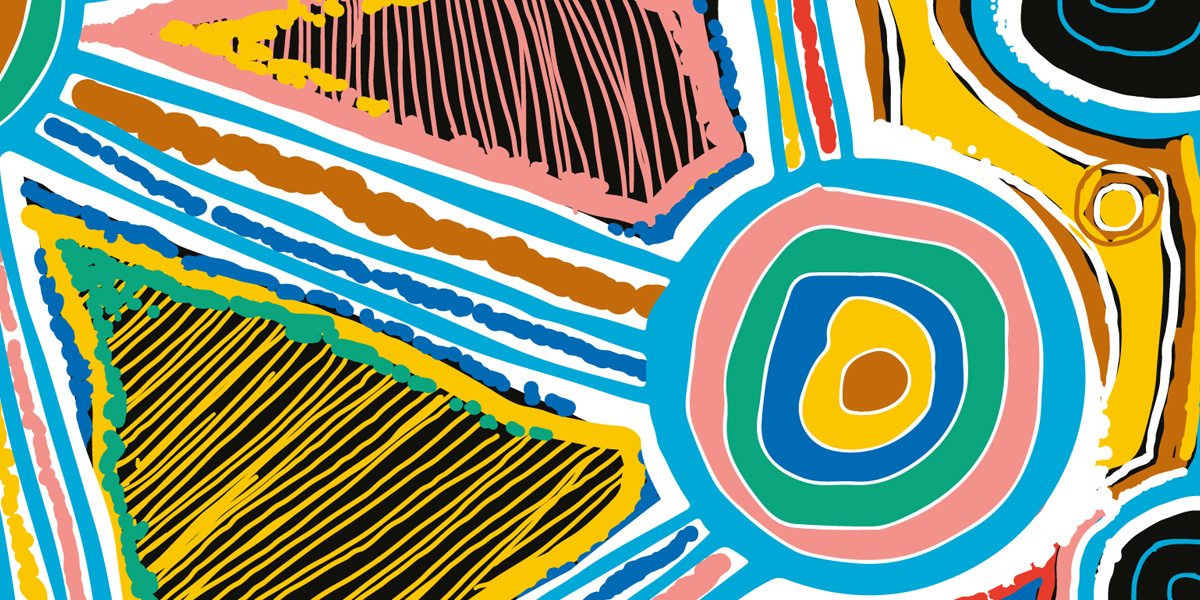The Aboriginal Health Council of Western Australia has welcomed the State Government’s decision to delay the opening of its borders to interstate and international travellers this February, saying the move would buy time for health services to increase Aboriginal vaccination rates and access vital medical supplies.
Based on the latest health advice, Western Australia’s Safe Transition Plan was updated yesterday, with new hard border settings in place from Saturday, February 5 to respond to serious concerns around the impacts of the Omicron variant.
AHCWA’s Chairperson Vicki O’Donnell said the decision allowed more time for Aboriginal Community Controlled Health Services to boost rates of COVID-19 vaccination amongst the state’s Aboriginal population, which were currently below that of non-Aboriginal people. “While some Aboriginal communities in Western Australia are highly vaccinated, others are very low; with the current average for the state sitting at around 68.3% for first dose; 54.3% for second dose and 7.2% for third dose vaccinations,” Ms O’Donnell said.
The extra time also allows AHCWA and its Member Services the opportunity to access medical supplies the heath council has thus far been hindered in obtaining. “The current lack of medical supplies doesn’t just affect hospitals, but Aboriginal Community Controlled Health Services, clinics and health service providers across the board,” Ms O’Donnell said.
“We know Omicron is a different variant to Delta, and the State Government’s decision to delay the border opening while the full impacts of Omicron in Australia are still unknown, and with the peak of infections not yet reached, gives us time to get more fully prepared before the virus has a chance to enter our communities.”
“The decision also allows time for services across Western Australia to address current food security issues and gives regional and remote areas the opportunity to restock shelves in general stores and supermarkets,” Ms O’Donnell said.
Ms O’Donnell said emerging evidence showed the third dose, or booster vaccine, was the best protection against serious COVID-19. She urged Western Australian Aboriginal communities to use the extra time afforded by the delay in Western Australia’s border opening to protect themselves against the Omicron variant by getting fully vaccinated.
AHCWA is the Peak Body for Aboriginal Community Controlled Health Services in Western Australia, and acts to support and advocate for its 24 Member Services across the state, empowering Aboriginal people to achieve health equality in their communities.
ENDS
For interviews or additional information, please call Kim Kirkman on 0406 782 710 or email kim.kirkman@ahcwa.org

